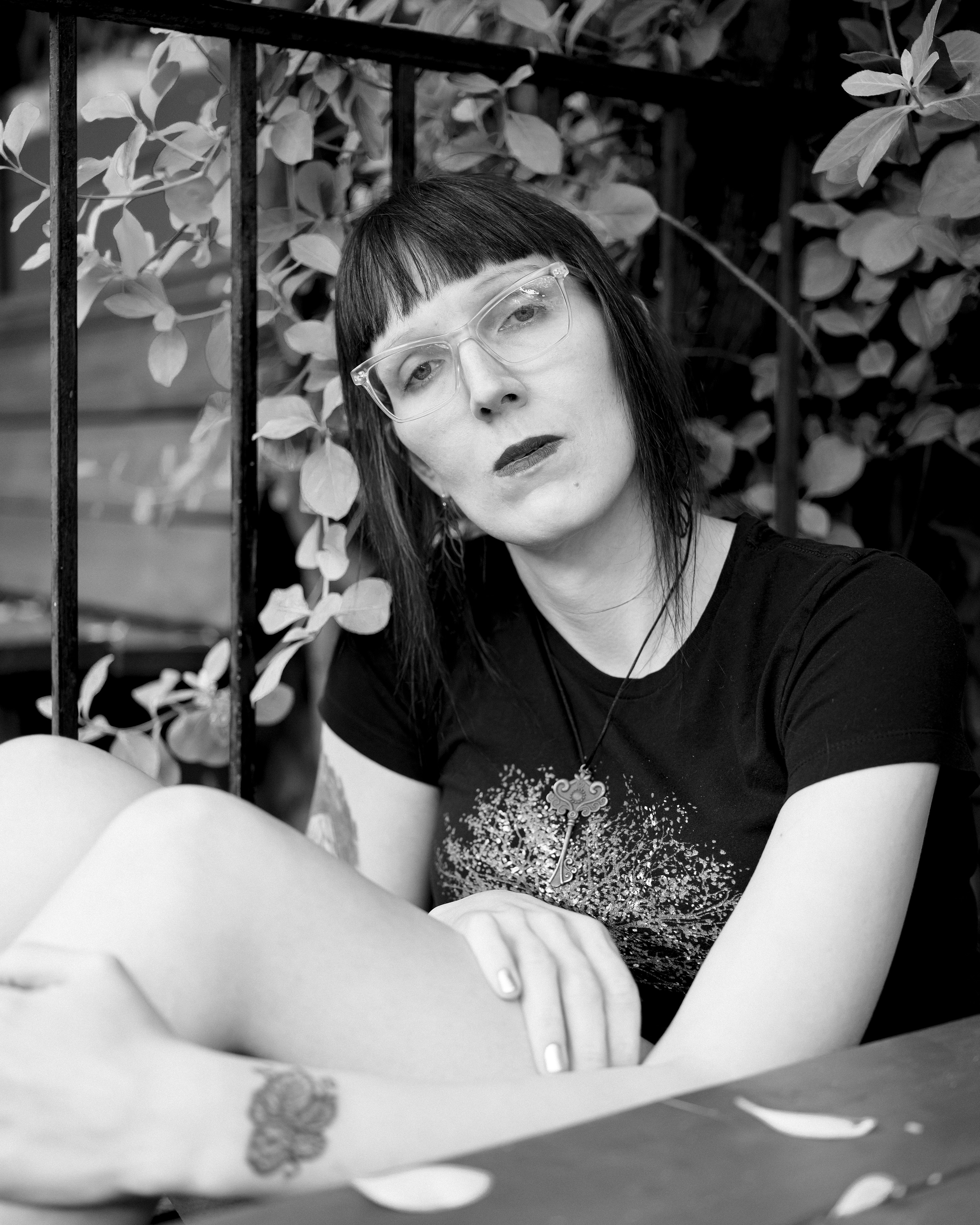What’s most exciting about this book to you?
Putting aside how un-Mennonite it seems to claim one's own book is exciting, there's stuff in here about community I was grateful to unpack for myself, articulate stuff I sort of knew but hadn't really spelled out in words. The conclusions I came to at the end of the book (in the chapter "Some Things I Know") are the prime examples of this.
Do you see it as a new departure for you, a continuation of earlier work/themes, or some combination?
It's a departure in that I've try to be more guarded with my opinions in the last half-decade or so, as I'm rarely 100% confident in them and there's enough opinions out there. I guess also community's been an undercurrent of my fiction before this, and so it's both a departure and continuation to talk about it head-on.
Do you see your work as “Mennonite,” and how or how not?
I do. And I will leave it at that. :)
What themes, issues, techniques, and/or other authors were most in your mind as this project came into being?
Kristen Dombek's The Selfishness of Others because of how she attacks an impossibly huge topic (narcissism) in a slim volume and intertwines personal history and research. Sharifa Rhodes-Pitts' Harlem Is Nowhere because of how she writes about a very specific community and is able to do that in 300 pages without being too broad or too narrow. Both those books plus Maggie Nelson's Bluets in how they stick to a level of poetry and aesthetic, like they stay committed to beautiful writing even as they're getting into the weeds
What part(s) of your writing process might other writers find useful, either to imitate or to avoid?
It's ok if every reader doesn't understand 100% of what's on the page on the first go-round, that's inevitable and sometimes even desirable. But you, as a writer, must understand 100% of what's on the page.
Order On Community
 Casey Plett is the author of On Community, A Dream of a Woman, Little Fish, A Safe Girl to Love, and the co-editor of Meanwhile, Elsewhere: Science Fiction and Fantasy From Transgender Writers. She teaches at Ohio University and is the Publisher at LittlePuss Press.
Casey Plett is the author of On Community, A Dream of a Woman, Little Fish, A Safe Girl to Love, and the co-editor of Meanwhile, Elsewhere: Science Fiction and Fantasy From Transgender Writers. She teaches at Ohio University and is the Publisher at LittlePuss Press.